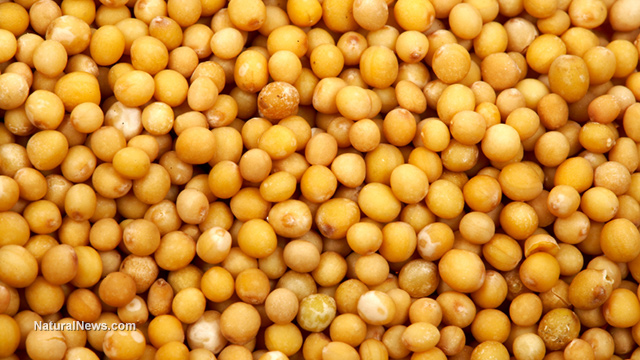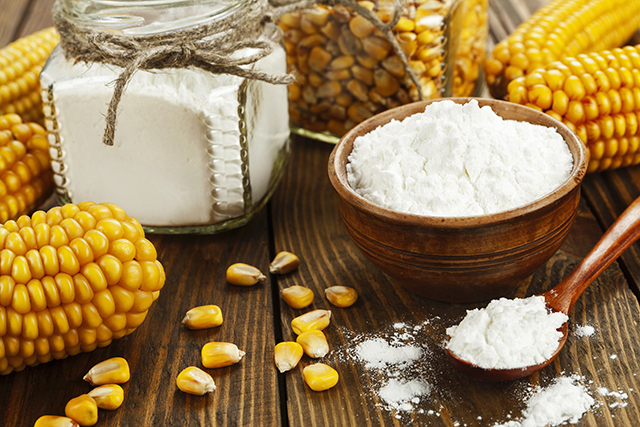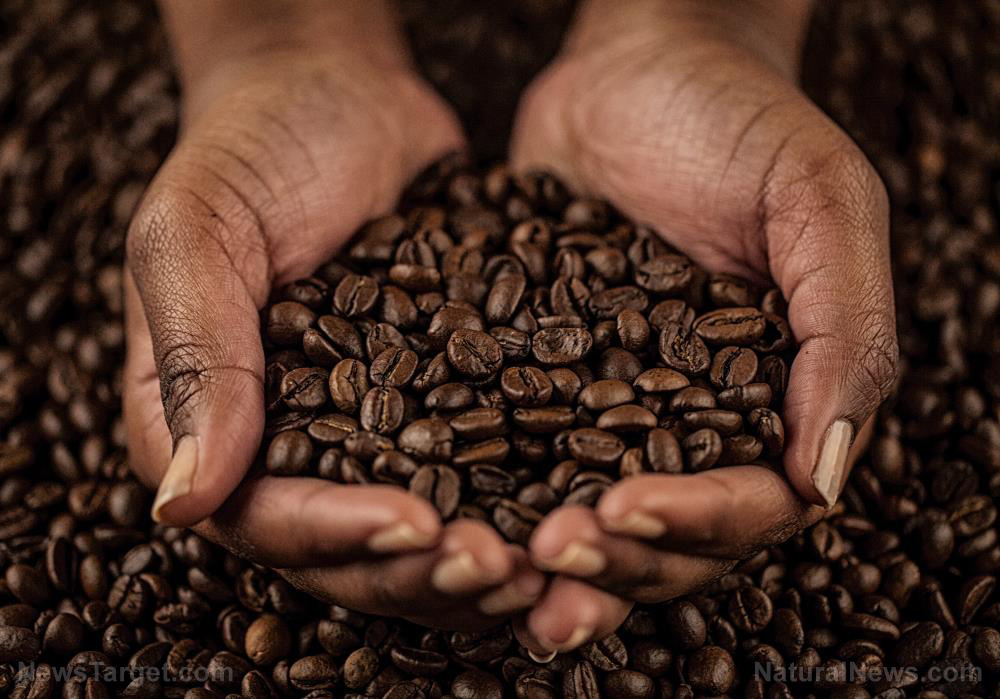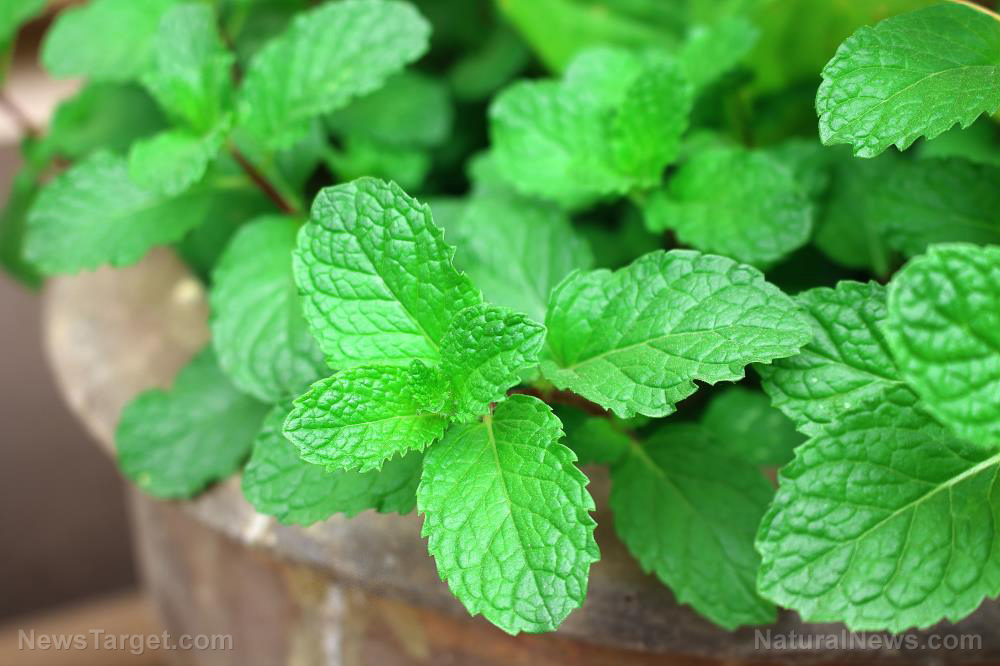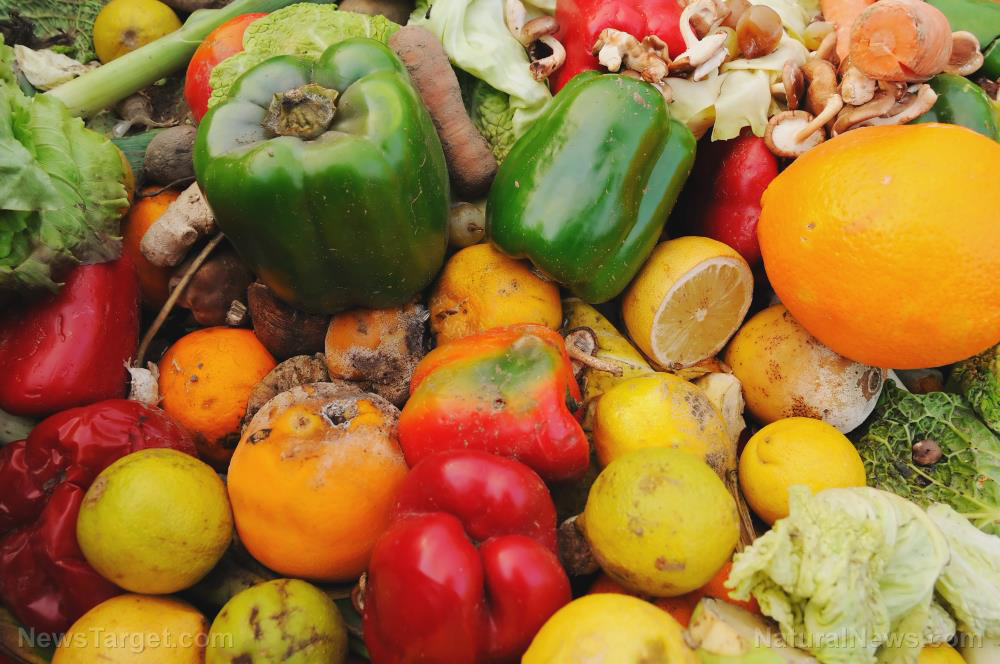The difference between preppers and homesteaders
08/25/2018 / By Edsel Cook

Homesteaders and preppers might sound like completely different groups of people, but they tend to share many of their beliefs and practices. An article on Survival Sullivan covers their differences, similarities, and what they can learn from each other.
Both groups have rather diverse memberships. Some preppers fit the general public’s image of the doomsday prepper, a lone male who hides in his own underground bomb shelter full of guns and emergency supplies. Likewise, there are homesteaders who school their children at home, grow crops in their own kitchen gardens, and preserve the fruits of their labor for use during the winter.
The majority of the two groups share many of the same goals, habits, and skillsets. But by and large, preppers and homesteaders are nowhere as extreme as these stereotypes.
Both preppers and homesteaders will protect the ones they care for using any means necessary. Indeed, they would have taken up their particular lifestyles to fulfill that shared goal, even though both groups took very different paths. (Related: The common animal most people are missing from their homestead.)
Homesteaders and preppers have similar values but use different means of realizing them
Both groups believe in different yet similar things. Preppers believe there is an event that is going to change their lives forever. They stockpile supplies and learn survival skills in order to make it out of the chaos that is sure to take place.
Homesteaders believe that a simpler and more traditional lifestyle will benefit their health and lives. They aim for self-sustenance by creating food gardens, raising livestock, and taking up practical skills.
Many preppers are getting ready for sudden, unplanned events they call “s**t hits the fan” (SHTF) or long-term disasters called “the end of the world as we know it” (TEOTWAWKI). They plan to either bug out to a safer area that they prepared beforehand, or bug into their homes that they would have also gotten ready for the worst.
Homesteaders also believe in being ready to overcome crises. But these problems are usually connected with their family, homes, and animals that disrupt their independent way of living. They deal with these problems to return things to normal.
Preppers are more concerned about security, self-defense, and stockpiling supplies. They tend to have more than one gun and enough ammunition to last them for years.
The really serious preppers conceal their plans and stockpiles from potential hostiles. Those who grow their own food use survival gardens that are camouflaged from looters. They believe there are threats on the horizon that must be evaded.
Homesteaders concentrate on the daily upkeep of their homes. These tasks include growing and harvesting crops, taking care of their livestock, and crafting tools.
They also prepare for the future by preserving surplus food through traditional means. They take the long view of things in that they improve their self-sufficiency over the years. Like trees, they set down roots into the land and live off its blessings for generations.
Learning from each other makes preppers and homesteaders stronger
Both homesteaders and preppers place a high emphasis on self-sufficiency and independence from what they believe to be the meddling of the government. They could, in fact, benefit each other by borrowing some of the other party’s focus and skill sets.
Homesteaders might one day find the need to have self-defense skills and weapons to protect their homes from those who wish them harm. Meanwhile, preppers could benefit by switching from stockpiling irreplaceable supplies to developing sustainable sources of food or picking up the traditional skills to craft their needs.
Brush up on the skills and tools you will need for your homestead at Homesteading.news.
Sources include:
Tagged Under: homesteaders, homesteads, kitchen garden, offgrid, Preppers, prepping, self-reliance, self-sustenance, SHTF, survival, survival garden, survival skills, TEOTWAWKI


